Largo (from "Symphony No. 9") ("From the New World") (Db) (String Orchestra)
 Instant Download
Instant Download
Details
Description
SKU: A0.813844
Composed by Antonin Dvorak. Arranged by Regis Bookshar. Concert,Contemporary,Folk,Romantic Period,Standards. Score and parts. 31 pages. Regis Bookshar #6537751. Published by Regis Bookshar (A0.813844).Largo (from Symphony No. 9 in E minor) ("From the New World") (Db) (String Orchestra) - Intermediate - Digital Download. This marvelous arrangement of the "Largo", based on the second movement of Antonin Dvorak's Symphony No. 9 in E minor, would be a fabulous addition to any music library and could be performed for concerts, recitals and church services, especially Funerals, but would be appropriate any time during the church year. This arrangement is suitable for high school and college students but professional musicians would also enjoy playing this selection. Included are a score and a complete set of parts (23 pages). This selection is one of the many arrangements from the The Regis Bookshar Trumpet Ensemble's extensive music library which are being made available for the first time.
Symphony No. 9 in E minor, Op. 95 (subtitled "From the New World" and popularly know as the "New World Symphony"), was composed by Antonin Dvorak in 1893 while he was the director of the National Conservatory of Music of America from 1892 to 1895. It premiered at Carnegie Hall in New York City on December 16, 1893 and has been described as one of the most popular of all symphonies. The second movement of the symphony, upon which this arrangement is based, is marked "Largo", and begins with a harmonic progression of chords which is then followed by a solo instrument playing the famous main theme.
Dvorak was interested in Native American music and the African-American spirituals he heard in North America. While director of the National Conservatory he encountered an African-American student, Harry T. Burleigh, who sang traditional spirituals to him. Burleigh, later a composer himself, said that Dvorak had absorbed their "spirit" before writing his own melodies. Dvorak stated:
"I am convinced that the future music of this country must be founded on what are called Negro melodies. These can be the foundation of a serious and original school of composition to be developed in the United States. These beautiful and varied themes are the product of the soil. They are folk songs of America and your composers must turn to them."
He further explained how Native American music influenced his symphony:
"I have not actually used any of these (Native American) melodies. I have simply written original themes embodying the peculiarities of the Indian music, and, using these themes as subjects, have developed them with all the resources of modern rhythms, counterpoint, and orchestral colour."
In 1893, a newspaper interview quoted Dvorak as saying, "I found that the music of the negroes and of the Indians was practically identical", and that "the music of the two races bore a remarkable similarity to the music of Scotland." Most historians agree that Dvorak is referring to the pentatonic scale, which is typical of each of these musical traditions.
Dvorak was influenced not only by music he heard, but also by what he had seen, in America. He wrote that he would not have composed his American pieces as he had if he had not seen America. It has been said that Dvorak was inspired by the "wide open spaces" of America, such as the prairies he may have seen on his trip to Iowa in the summer of 1893. Notices about several performances of the symphony include the phrase "wide open spaces" about what inspired the symphony and/or about the feelings it conveys to listeners.
The theme from the "Largo" was adapted into the spiritual "Goin' Home" (often mistakenly considered a folk song or traditional spiritual) by Dvorak's pupil, William Arms Fisher, who wrote the lyrics in 1922. Regis Bookshar thought it would be wonderful if other instrumentalists could have the opportunity to play this beautiful melody, so, he has created this version for a String Orchestra. Parts included with the purchase are a 1st Violin, a 2nd Violin, a 3rd Violin, a 1st Viola, a 2nd Viola, a 1st Violon.
This product was created by a member of ArrangeMe, Hal Leonard’s global self-publishing community of independent composers, arrangers, and songwriters. ArrangeMe allows for the publication of unique arrangements of both popular titles and original compositions from a wide variety of voices and backgrounds.
Digital Downloads are downloadable sheet music files that can be viewed directly on your computer, tablet or mobile device. Once you download your digital sheet music, you can view and print it at home, school, or anywhere you want to make music, and you don’t have to be connected to the internet. Just purchase, download and play!
PLEASE NOTE: Your Digital Download will have a watermark at the bottom of each page that will include your name, purchase date and number of copies purchased. You are only authorized to print the number of copies that you have purchased. You may not digitally distribute or print more copies than purchased for use (i.e., you may not print or digitally distribute individual copies to friends or students).
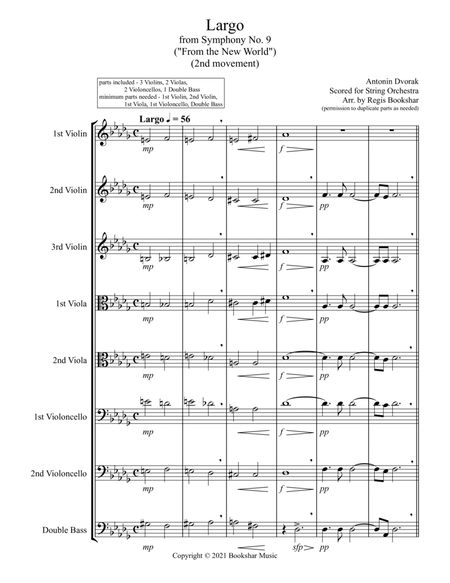
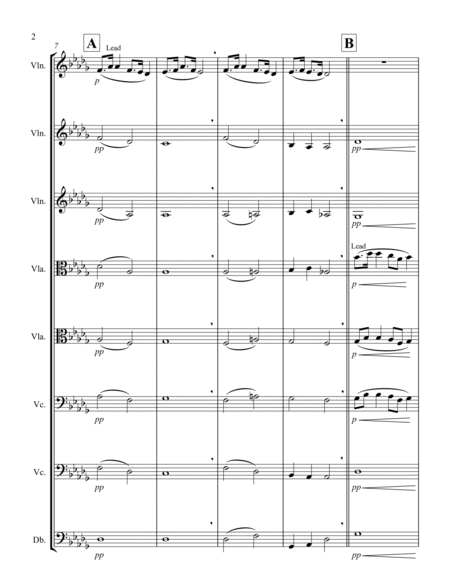
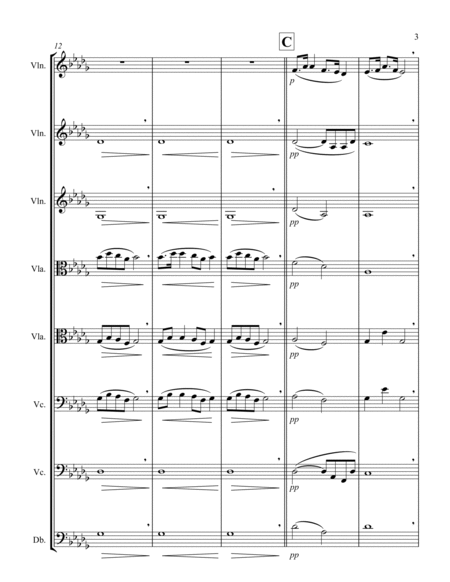
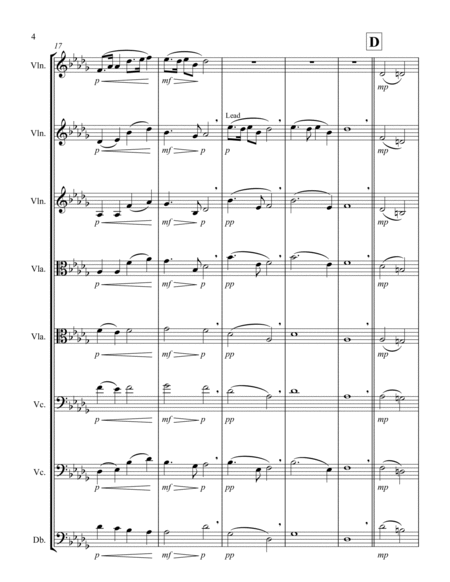
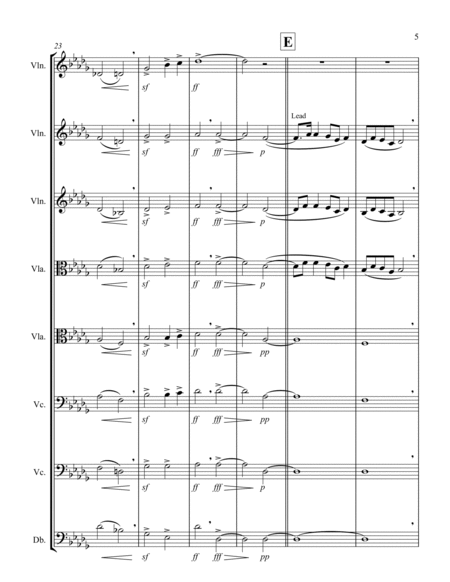
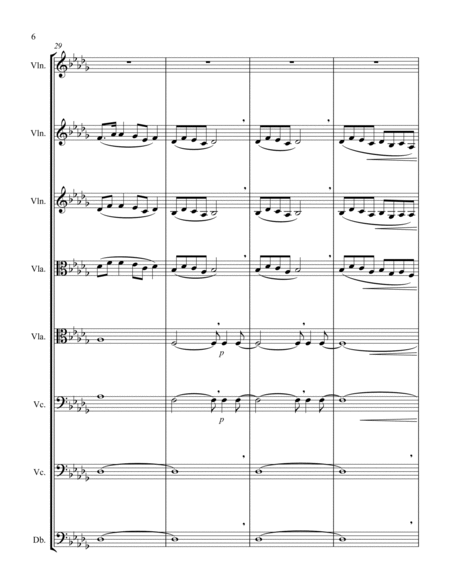
 Share
Share